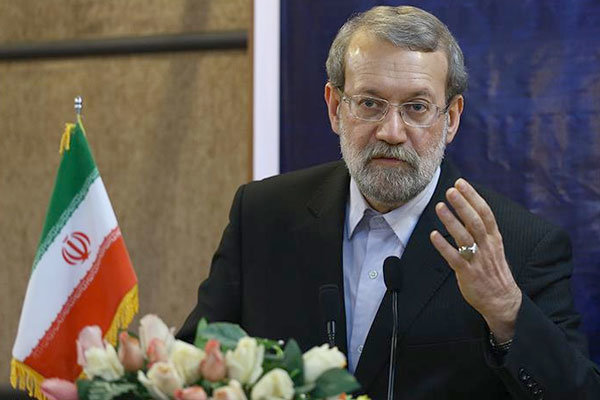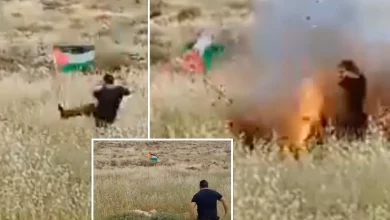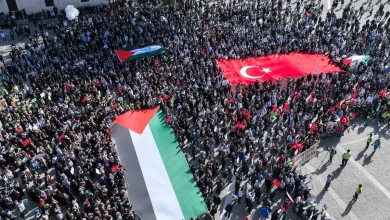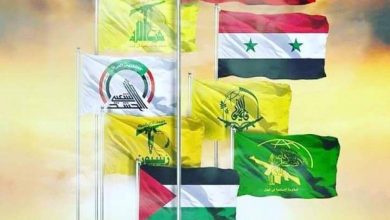Revolution ‘gave birth’ to new theory of international politics


Iran’s Parliament speaker has addressed a National Conference on West Asian Geopolitics held in Center for Strategic Defense Research.
Ali Larijani participated in the conference where he believed Iran had necessary ‘formidable means’ to chastise the west should western countries fail to live to their commitments in the JCPOA. He lavished praise on the government’s negotiation conduct during several round of talks with the 5+1 as ‘very wise,’ and one which simultaneously secured the nation’s nuclear rights and resisted the pressures mounted by the west, and even had succeeded in maintaining its enrichment cycle.
Larijani criticized US effort to establish a unipolar world order with itself as a pivot; “however, efforts to export liberal-democracy failed in practically solving the emerging issues of the politics and society during recent decades,” Mr. Larijani told the conference. “NATO experienced a crisis of functionality with the rise of Russia; even though they almost reached Russian borders in terms of geographical expansion, they failed to solve issues in the Middle East. Now, they would admit that military campaign should not have been the option,” he asserted.
Larijani then turned to Islamic Revolution of 1979 with the idea that the Revolution had given birth to its own brand of theories in avoiding a free fall to theories governing the western political arena which advocated recognition of one of the poles of or blocks of powers; “the Revolution shunned the view to opt for its own brand and remained or tried to remain independent of eastern and western breezes, since it advocated higher human values and system of ethics and morals,” said the Parliament speaker.
Elsewhere in his address, Larijani turned to terrorism in the region where he believed Islamic Republic of Iran had a well-principled policy, following its own line, despite the fact that “this policy garnered for us only opposition by some countries who became united against Iranian influence.”
On domestic issues, Parliament speaker called for stability inside the country which was necessary to remain influential in economic terms; “political vested interests and partisan sentiments should not interfere with our economic might; any cabinet should not drastically change the foundations of economy which would just wipe the country of the much-needed stability,” he demanded. “It is true that foreign pressures and instabilities have caused a certain amount of flight of capital to other parts of the world; however, we should work with coordination to keep the country a haven for wandering capitals, and motivate investors to welcome Iran’s rich economic resources,” he suggested.







